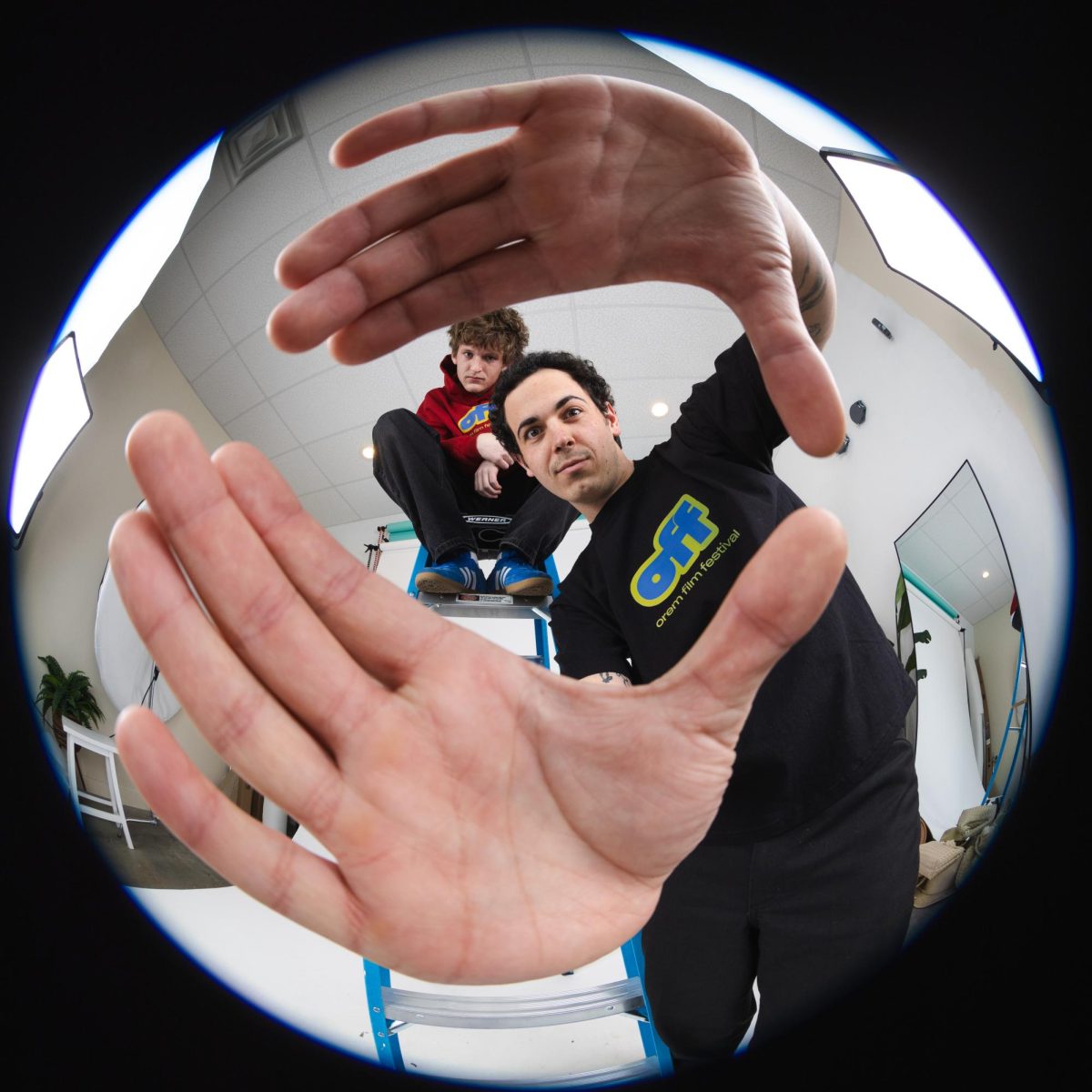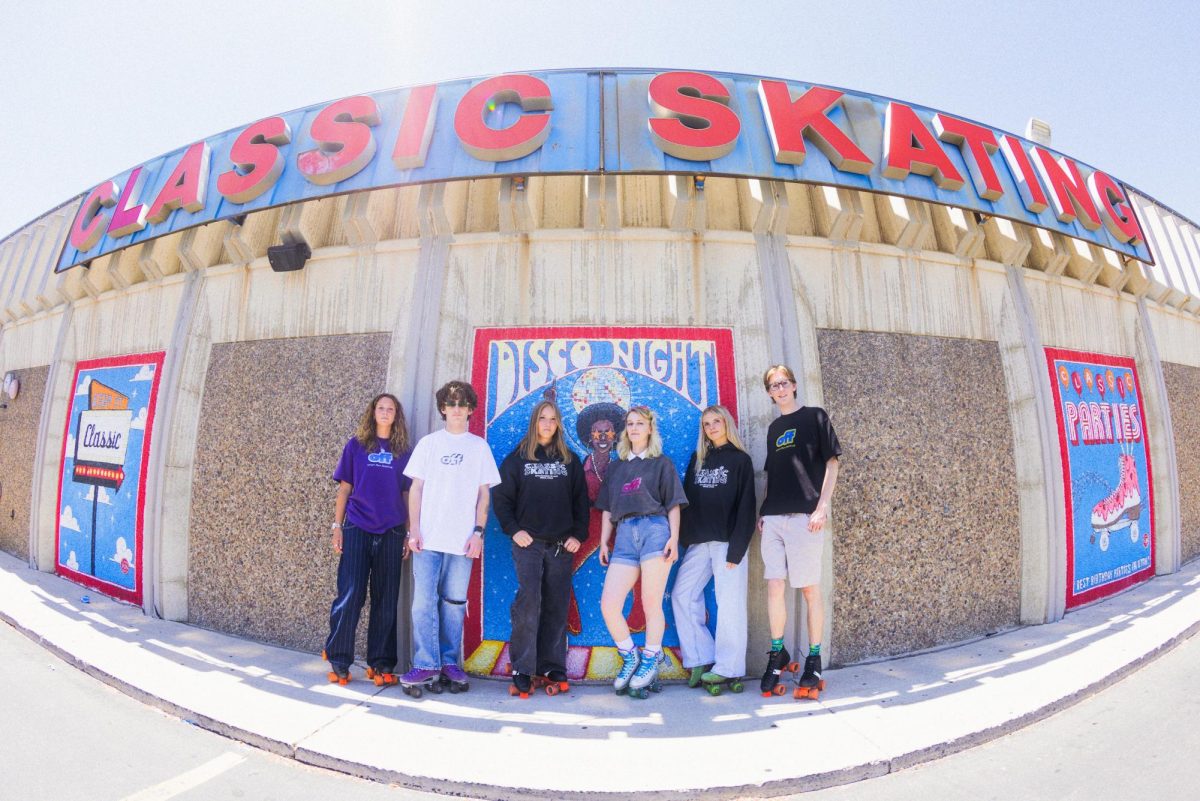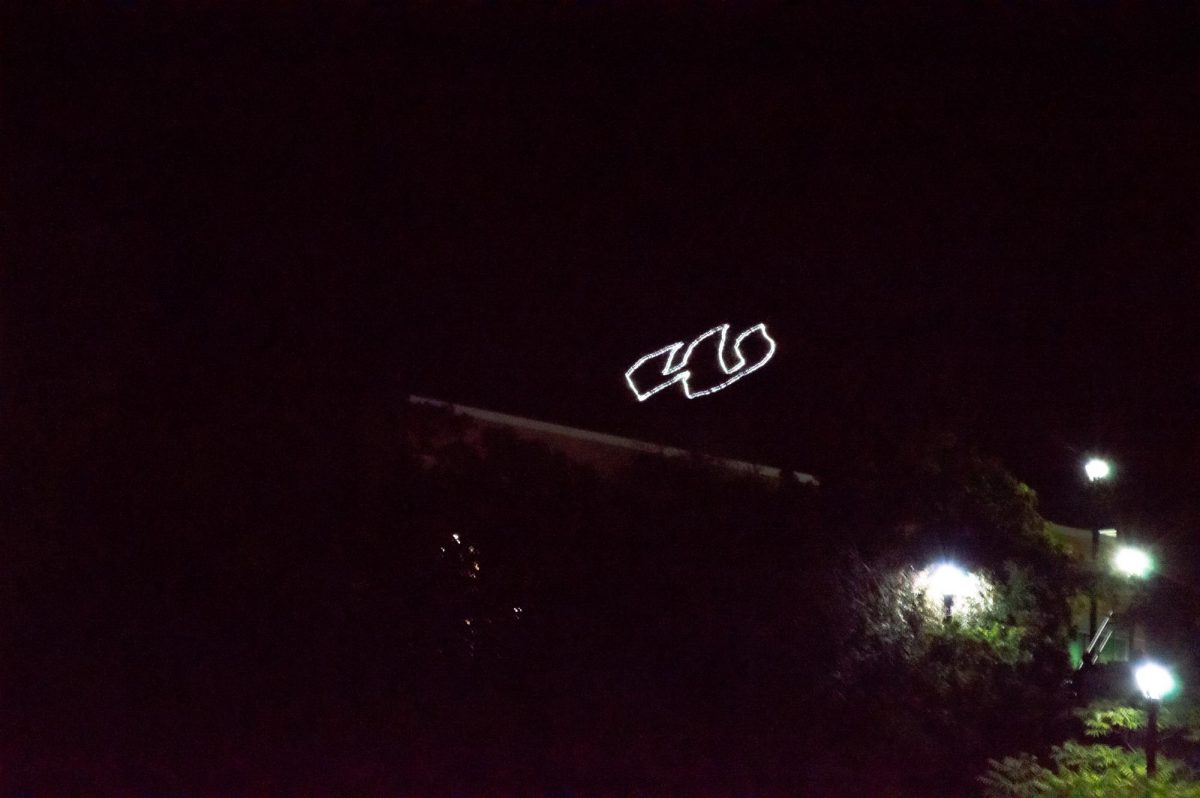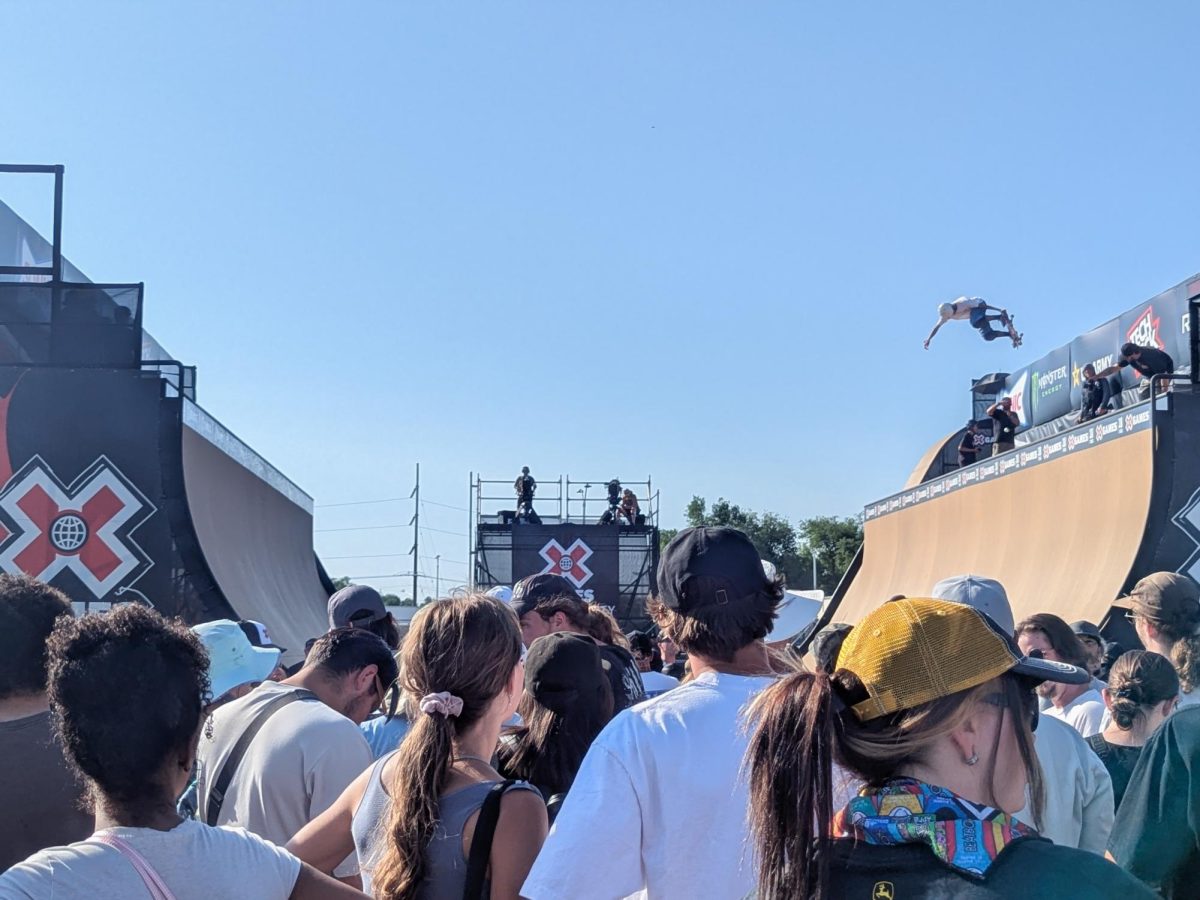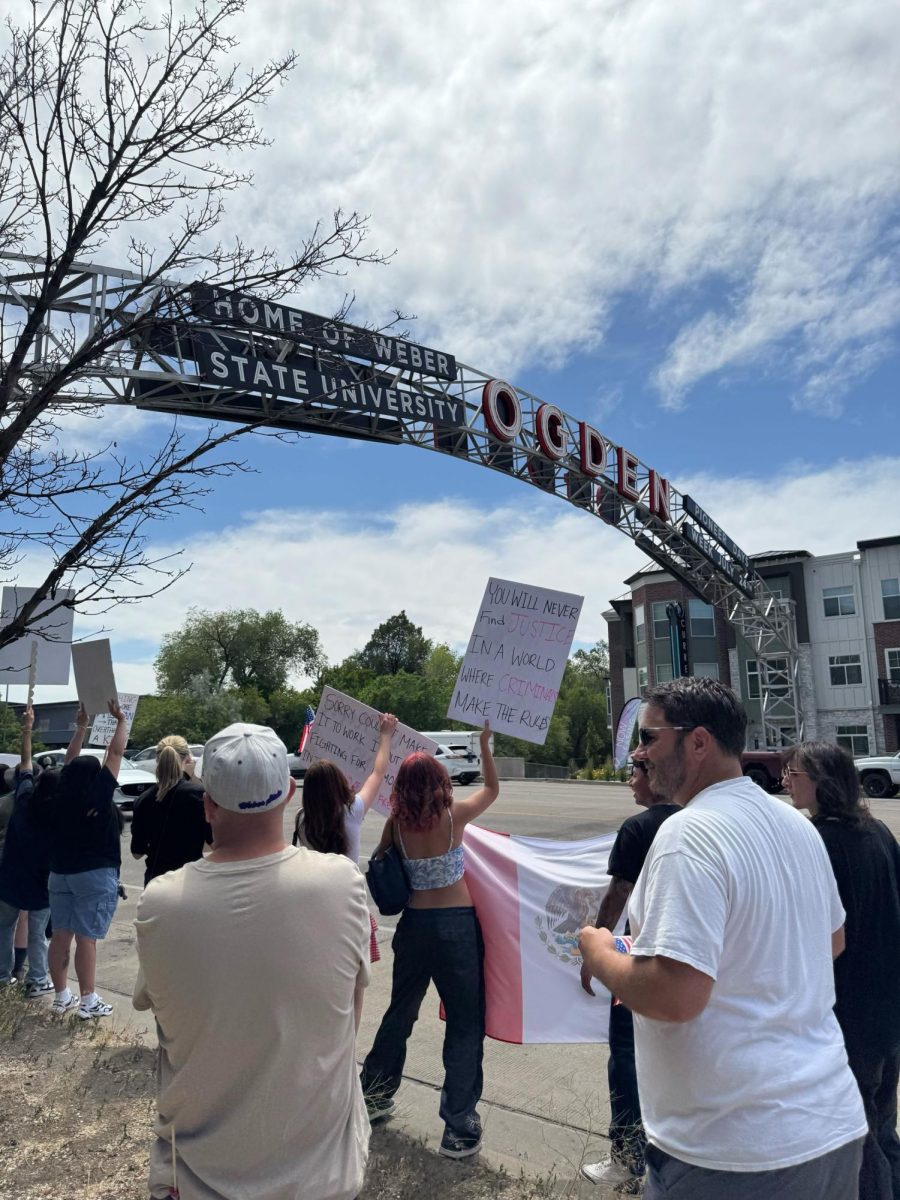
The idea of the life-long career, 2.5 kids, a dog and a white picket fence around the residence was put to rest in the Great Recession of the late 2000’s. Television was the box it was buried in, and in the span of a commercial break, it went from Dream to memory.
If there had been a wake held in it’s honor, it would’ve looked like Coachella or EDC or Burning Man, but rest assured that Kanye and Bieber and Gaga were there, and they played to crowds of hundreds of millions.
Now what’s left of that Dream hangs around like a ghost, a distant dead friend on social media whose page is now stuck static in the ether of the Internet, a relic and an unchanging memorial, and you can find it in your feed if you scroll back far enough.
But that death changed us, we who have been labeled Millennials, like it or not. The crumbling recession markets shook the ground like a pair of falling towers, and when the dust settled, we didn’t want to rebuild on a pile of rubble, no matter how good the interest rate was.
We had just watched our parents’ 401k’s evaporate, and the ground was still too loose beneath our feet to fall for another subprime American Dream.
The death of that old Dream left an echo, shouting to us across a continent and a planet small enough to see from the screen of a phone.
When the New Dream arrived, it screamed into the world as a modem call on an open line, and instead of hanging up the phone, we listened closer to the flood of information coming through.
It spoke to all of us, and we each learned something different about ourselves, and it was true. It was our own. At the dawn of the New Dream, we had an experience of collective individualism. We became less the rigid tribes of our parents and more like shifting cliques from which we had unlimited means to come and go.
The scaffolding of the New American Dream is that there is no collective dream, and it’s something we’ve all silently agreed upon. Do what you need to, when you need to, who you need to. The more we push to erase the boundaries, the more that we can be ourselves.
Life is about experiences. Take from them what you will, and they will make you who you are. Buy a tent and good shoes, walk out into the forest and go live as hard as you can because you won’t be able to forever.
Because life is about experiences, there is a seduction to the natural world we’re losing, and there’s a rush to experience it before we can’t.
It’s a lot like a band’s farewell tour, only the bees and the coral won’t be back when they run out of money.
The echo of the Old Dream is trying to buy up the last free spaces and sell them off, repackaged as environmentally friendly dumpster fires.
Because life is about experiences, there is an equal seduction to the digital world we’re building.
There we can be out and open in the circles we select, living aloud who we really are without fear. We can carry our friends in our pockets and unfollow — or troll viciously — anyone we don’t agree with.
The digital world is both the font and the cesspool from which this idea of collective individualism evolved, where the New Dream was born and blossomed before it could be offered up on IPO so the Old Dream could buy a voting share.
Because life is about experiences, this New American Dream is that we will not be marginalized — nor will we apologize — for being who we are, for better or for worse.
We, the youth, we, the children of the digital revolution, will suffer and enjoy greatly, will drink life to the lees, and at the end, will know that we lived our lives to the fullest we could.
We know that each of our experiences is genuine and our own.
We know that no other experience is lesser or greater than ours, only equal to the life we live, and we stand together in our individuality.
The American Dream is dead. Long live the American Dream.








